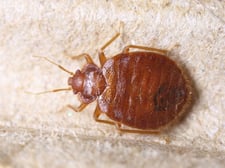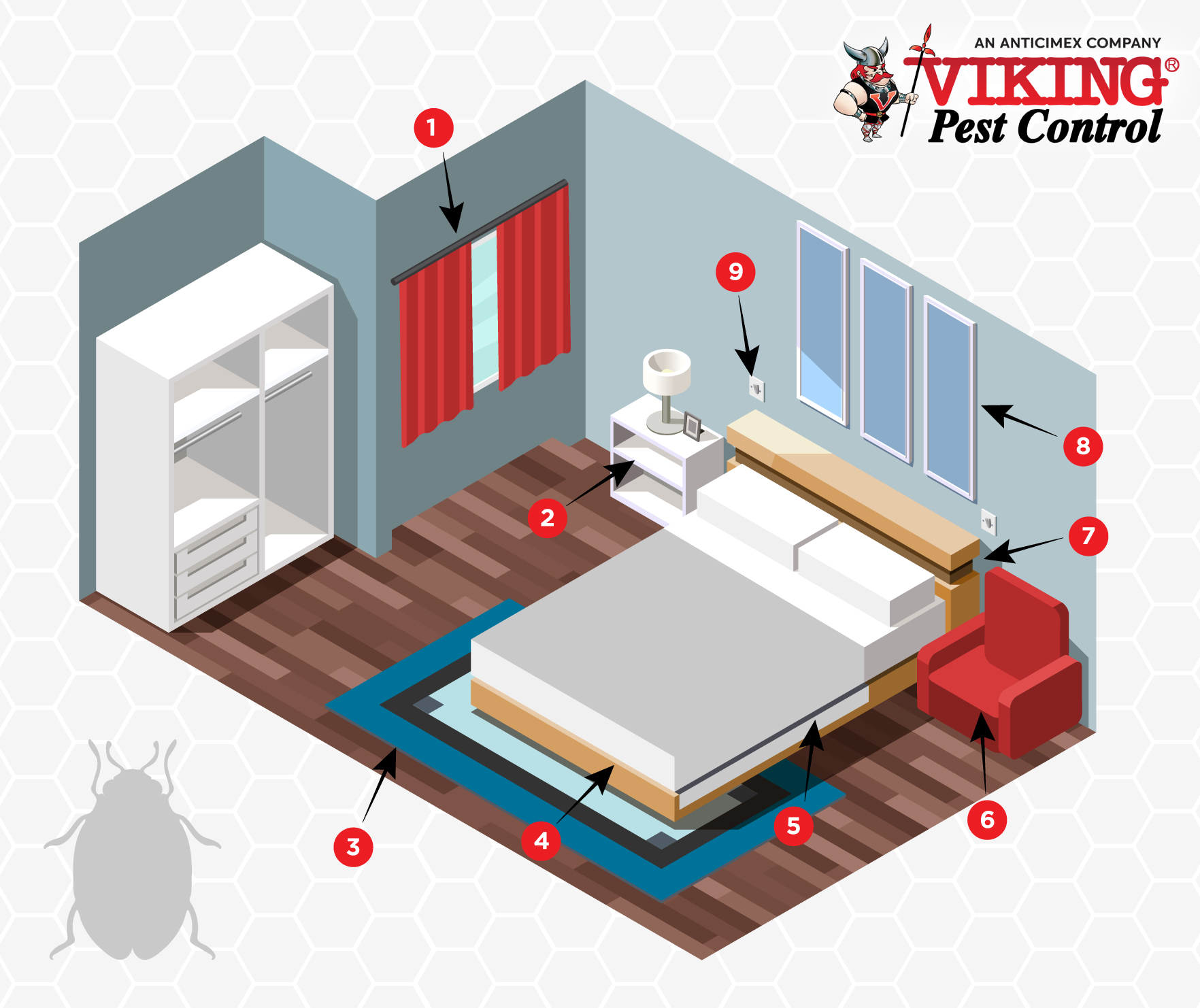Sorts Of Insect Control: Which Method Is Right for Your Infestation?
When faced with a pest problem, the option of a proper technique for pest control is essential in effectively taking care of the scenario. From chemical therapies to organic services, there exists a variety of approaches that can be used to address different sorts of bugs. Each method features its own set of advantages and considerations, making the decision-making procedure a nuanced one. Comprehending the nuances of each technique and assessing their compatibility with the specific bug infestation handy is important for attaining long-lasting success in parasite administration. By discovering the different kinds of insect control approaches offered, people can make enlightened decisions customized to their distinct conditions, making sure a much more effective and sustainable end result in pest removal.
Chemical Insect Control
Chemical pest control includes the usage of synthetic or normally derived chemicals to handle and remove pest populations effectively. This approach is commonly used in farming, forestry, and residential setups to combat a large range of pests, including insects, rodents, and weeds. The usage of chemical pesticides can supply fast and targeted remedies to pest problems, making it a preferred selection for several people and organizations.
Among the crucial advantages of chemical insect control is its ability to swiftly remove parasites, minimizing the danger of damage to crops, residential property, and human wellness. By utilizing particular chemicals that target particular bugs, this method can effectively regulate invasions while reducing injury to beneficial microorganisms and the atmosphere when applied appropriately.
Nevertheless, using chemical parasite control likewise raises problems regarding potential damaging impacts on non-target species, water resources, and human health. It is crucial to comply with safety standards, apply chemicals sensibly, and think about alternative parasite control methods to decrease these dangers and ensure lasting pest administration practices.
Biological Pest Control
Biological parasite control, likewise called biocontrol, makes use of living microorganisms to minimize and manage pest populaces naturally. This technique harnesses the power of nature to control pests without the requirement for synthetic chemicals. Biocontrol can include the introduction of natural enemies of the parasite species, such as parasites, killers, or virus, to reduce parasite populations. By utilizing the parasite's natural predators or microorganisms, organic parasite control offers a sustainable and environmentally friendly option to pest management.

Mechanical Pest Control
Utilizing physical and hands-on approaches to take care of bug populaces, mechanical pest control supplies an alternate approach that does not depend on the use of living organisms or drywood termite control artificial chemicals. This method entails making use of barriers, traps, or various other devices to physically hinder or eliminate bugs. By blocking insect access points or establishing catches to capture them, mechanical insect control can properly reduce invasions without presenting chemicals into the environment.
One typical instance of mechanical pest control is the use of mesh displays on doors and home windows to stop bugs from getting in buildings. This easy yet efficient approach acts as a physical barrier, keeping bugs out while enabling proper ventilation. Furthermore, gadgets like mousetraps, fly swatters, and ultrasonic repellents drop under the mechanical parasite control category.
While mechanical insect control techniques can be labor-intensive and need normal surveillance and maintenance, they offer a sustainable and eco pleasant service for handling parasite invasions. By integrating different mechanical methods, homeowner can produce a detailed bug control method that lessens dependence on chemical pesticides.
Physical Bug Control

Some typical physical pest control techniques consist of using obstacles such as webs or screens to avoid pest entrance, catches to capture and eliminate insects, and hand-picking to literally remove bugs from plants or frameworks. Furthermore, strategies like heat treatments can be utilized to regulate pests like bed insects by elevating the temperature to levels that are deadly to the pests.
Physical pest control is especially beneficial in incorporated pest administration (IPM) approaches, where multiple pest control techniques are incorporated for reliable pest management while lessening making use of chemicals. By making use of physical pest control methods, individuals can properly address insect invasions with very little ecological influence.
Integrated Parasite Monitoring
When executing physical insect control techniques as component of parasite administration methods, Integrated Parasite Management (IPM) becomes a thorough approach that leverages various methods to properly regulate pest populations. IPM concentrates on long-term prevention of insects via a mix of biological, cultural, physical, and chemical devices tailored to specific parasite concerns. By incorporating numerous control tactics, IPM aims to minimize the threats connected with pests while additionally reducing dependence on sites chemical remedies.
One secret element of IPM is the emphasis on surveillance and analyzing pest populaces to determine the most appropriate control approaches. This positive strategy permits early intervention and targeted techniques, bring about a lot more reliable pest monitoring. In addition, IPM advertises ecologically friendly methods by prioritizing non-chemical control approaches and only making use of chemicals as a last resource.
Verdict

By utilizing the insect's natural predators or virus, organic parasite control supplies a lasting and eco pleasant option to pest monitoring. - Kings pest control cincinnati oh
Making use of hand-operated and physical approaches to handle insect populations, mechanical bug control uses an alternative approach that does not count on the use of living microorganisms or artificial chemicals.An effective strategy to handling bug populations without counting on chemical or biological methods entails the usage of physical insect control techniques.When applying physical insect control methods as part of insect monitoring methods, Integrated Pest Administration (IPM) emerges as a thorough method that leverages various strategies to successfully manage pest pesticide service populations. Chemical insect control entails the use of pesticides, organic bug control uses all-natural predators, mechanical bug control entails physical barriers, physical bug control consists of trapping or eliminating insects, and integrated parasite management integrates numerous methods for an alternative technique to pest control.